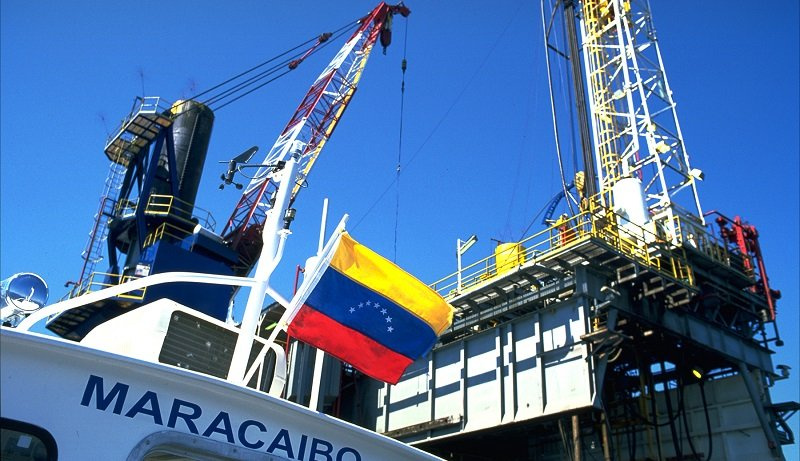Having pointed out the U.S. authorization on selling Venezuelan oil to Europe against billions of dollars of its debts, Dr. Elaheh Nouri Gholami Zade in an interview with the site of Strategic Council on Foreign Relations spelled out:” Venezuela has been one of the key and important players of OPEC since 1960, and the oil market is highly influenced by the actions of main players like Venezuela. Sanctions imposed on Iran and Venezuela have caused the oil market to suffer major consequences from small turmoil. Now, when Russia as the main supplier of European gas and energy on one hand, and Ukraine as a linking highway that acts as the heart to pump gas to Europe on the other hand are on the verge of war tensions, there was no way for the U.S. but to ease sanctions against Venezuela”.
U.S. Urgent Need for Tranquility in Oil Market
She added:” The decision made by the U.S. for Venezuela has a temporary basis. Based on the decision, PDVSA is entitled to sell its oil until November 2022 under temporary and periodic authorizations. This is not because of a change in Venezuela’s behavior or shelfing hostile U.S. policies, but it is merely because the U.S. has admitted that it strictly needs tranquility in the oil market and it should give the players of this market a kind of freedom of action”.
Having said that we live in an era when the self-determination of countries can not be completely controlled, Nouri stressed:” having imposed sanctions on countries, the U.S. tries to make other countries cater to its own purposes. But, in fact, the U.S. is engaged in a number of its own domestic problems and is experiencing a kind of hegemonic decadence. Earlier, we witnessed similar hegemonic decadence in other parts of the world, but now we see it also in the U.S. backyard, where considerable leftism is growing in Peru and Colombia”.
Nouri referred to rising prices of energy in the world, particularly in the U.S. and Europe, and said:” if the hostile war situation, as well as the cold war that has already overrun again, continues, then the U.S. has certainly no option but to extend the temporary and periodic authorization of PDVSA because not only itself but also its allies have been suffering from challenges”.
The professor of the World Studies Faculty of Tehran University pointed out the U.S. condition that Venezuelan oil should be exported only to Europe and no other countries. She explained:” Earlier, China had become the largest recipient of Venezuelan oil under the “Oil for Debts Program” but now European, Asian and the American oil companies that have contracts with PDVSA are creditors of billions of dollars from the country. Because, Trump, the former U.S. president had suspended oil barter deals against Venezuelan debts during his tenure of office”.
Having commented on the news circulated for the reasons of the U.S. decision to ease sanctions against Venezuela as to help establish a dialogue between Maduro and the opposition inside the country, she added:” now, when the U.S. needs Venezuelan energy, she tries to simultaneously employ the ease of sanctions as a leverage to advance the dialogues that had already been started in Mexico but later suspended due to some reasons. But, in fact, the U.S. attaches no more importance to the parallel government that was recognized in Venezuela during Trump’s presidency. The political consumption date of Juan Guaidó in Venezuela is practically expiring.










0 Comments